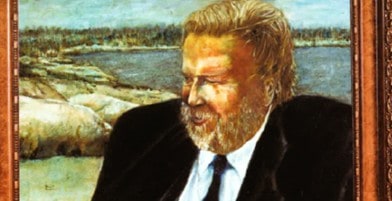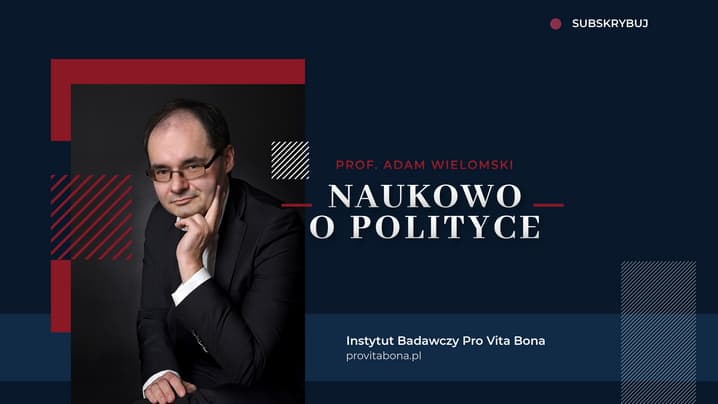2018 marks the centenary of George Grant’s birth, and thirty years since his passing. George Parkin Grant is still probably the most prominent Canadian traditionalist philosopher.
One could sharply ask today — is there still really a place for Grantian-type traditionalism in current-day Canada? First of all, it should be remembered that Grant’s profound and subtle definition of conservatism is very remote from what is its more common definition today, as mostly a tax- and budget-cutting ideology.
Despite his greatly impassioned writing, Grant did not seem to offer much hope for someone wishing to be active in the social, political, and cultural arena of current-day Canadian society. Perhaps a quietistic self-cultivation is the only path available today. However, is this not problematic, for a philosophy that has emphasized public engagement and civic-mindedness?
The four main possibilities available today are probably: activism in the current federal Conservative Party; activism in the Canadian pro-life movement; moving out to the countryside; or becoming an independent political writer/blogger.
Activism in the current federal Conservative Party (or perhaps other major political parties) gives one a sense of immediacy and connection to so-called “real” political matters. However, one will be in a major party with multifarious factions, many of which may be indifferent or hostile to one’s views. While one may feel that one is doing “useful” work, it may just be a drop in the ocean. Also, if one is able to hold increasingly prominent posts in a given party, the unfriendly public scrutiny one’s views undergo is increased, which often results in an ever-increasing downplaying and “trimming” of one’s own ideals and principles.
Activism in the Canadian pro-life and pro-family movement offers a considerable engagement with “real” political matters combined with an intense idealism. One can read in such publications as The Interim, the Toronto-based Faithful Insight, and the Hamilton-based Convivium and Comment, how the pro-life and pro-family people are often the dynamic edge of resistance to the current late modern near-dystopia, and, indeed, how often they do suffer for their beliefs. However, what appears to be the demand for a life of continual “martyrdom” may not be emotionally sustainable for some people.
Becoming involved in a minor political party or some kind of ginger group is somewhat akin to being a pro-life activist, although usually with less social impact likely, but also less “martyrdom” required.
Moving out to the countryside represents a sort of “secession”. The idea is that life in more rural areas is “healthier” than in the big cities. Perhaps not everyone might find rural life congenial. It requires a considerable amount of quite arduous physical labor with which a person used to living in urban or suburban areas is unacquainted. If one is already living there (or will end up there), one also has to think about having an impact beyond one’s immediate physical vicinity.
The idea of becoming an independent political writer/blogger may be attractive if one feels one can carry one’s weight intellectually – and do so with considerable grace and dignity. Having a cultural-political Internet presence today is not necessarily tied to living in a major cultural or political centre – although it might help in putting together one’s writing output. If one is truly independent, one need not always hew to party and religious lines – even as one is generally in opposition to late modern society. Nevertheless, one might become prone to live increasingly as a “lone wolf” with fewer and fewer personal social interactions – “a voice crying in the wilderness”.
It could be argued that Grant’s thought does indeed have much to say to all persons living in current-day Canada and America, and in so-called “late modernity” – not just to those who are actively in opposition to it. For example, one can easily elicit from Grant’s philosophy a critique of the economism and the “infinite growth” mindset that are probably among the main contributing factors to the post-2008 economic crisis.
There could also be a role for Grant’s anti-Americanism (or what might less pointedly be called “non-Americanism”) in a truly meaningful Canadian conservatism. It is little understood today that before the 1960s, Canada was actually a more conservative society than America (in the better sense of conservatism). Today, one finds that much of what is negative about current-day Canada – if one were to carefully look at its real origins — actually emanates from the U.S. There are, for example, the trends to “judicial activism” and litigiousness, tendencies of increasing violence and anomie, and the excesses of the North American (U.S. and Canadian) pop-culture.
It looks like the best that traditionalists can hope for in Canada today is to maintain some kind of sharp niches of critique in what is likely to become an increasingly hostile society. It may perhaps be suggested that things will have to get even worse, before there can be some hope of things getting better, over the longer term.
Mark Wegierski



